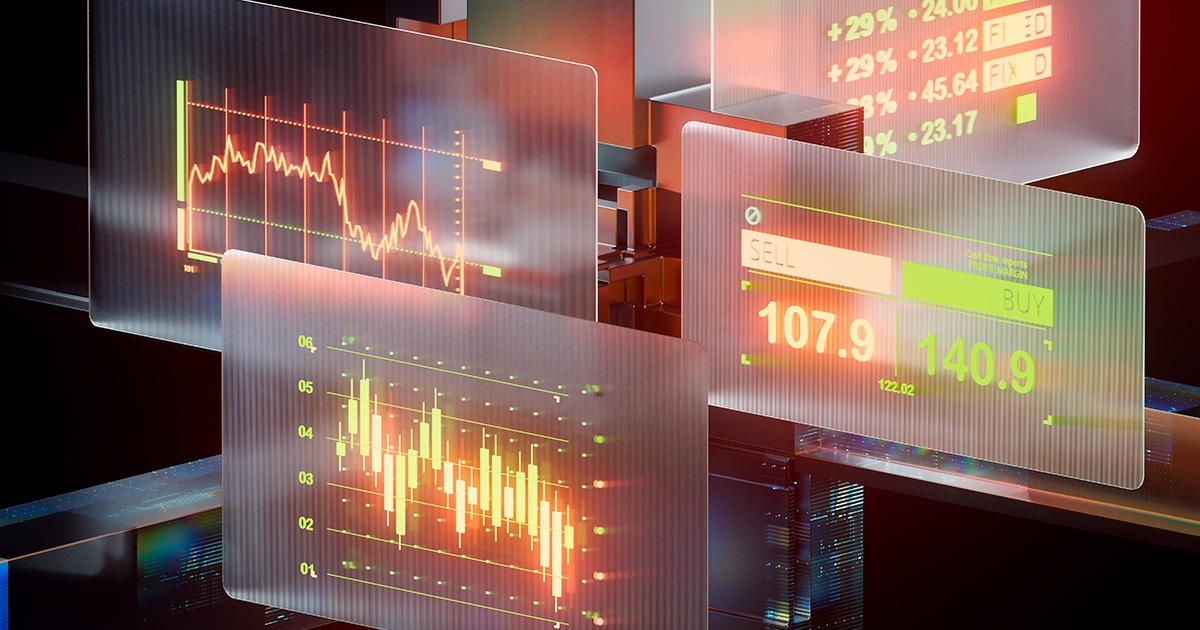 If you've been hanging around Indiegogo, you may have noticed a new trend in smartphone-connected devices: the smartphone breathalyzer. Three companies have shown up with smartphone breathalyzers on the crowdfunding platform in the last few months, with two more launching independently, and at least three of the products claim to be (in these exact words) "the world's first smartphone breathalyzer" -- despite those claims the honor almost certainly goes to the now-discontinued iBreath iPod breathalyzer, which came out back in 2009.
If you've been hanging around Indiegogo, you may have noticed a new trend in smartphone-connected devices: the smartphone breathalyzer. Three companies have shown up with smartphone breathalyzers on the crowdfunding platform in the last few months, with two more launching independently, and at least three of the products claim to be (in these exact words) "the world's first smartphone breathalyzer" -- despite those claims the honor almost certainly goes to the now-discontinued iBreath iPod breathalyzer, which came out back in 2009.
Portable breathalyzers are nothing new, and a native screen can easily deliver the basic functionality: estimating the user's blood alcohol level based on their breath, to help individuals determine when they're too drunk to drive. But for this new wave of hip smartphone breathalyzers, the connected app offers a range of value propositions -- from blocking you out of your social media when you're too drunk to be posting, to connecting to your social media to share your social drinking, to tracking your alcohol consumption over time, Quantified Self-style.
Of course, breathalyzers are considered to be medical devices by the FDA, and based on searches of the FDA's database and the companies' websites, it doesn't appear that any of the devices below has secured 510(k) clearance. Most are still in preorder, however, and most say they are seeking that clearance and will have it prior to shipping their devices. The question is whether the iPhone connectivity substantially changes the functionality of a portable breathalyzer -- if it doesn't, clearance shouldn't be any harder for the companies to secure than legacy devices.
Here are six smartphone-connected breathalyzers that are either launching, launched, or (in one case) already discontinued:

This iPod-connected breathalyzer was available as early as 2009, according to this product review from breathalyzer review site AlcoMeters. The review also suggests a reason why this early device may have ended up discontinued: although it had a plug for connecting to an iPhone, it didn't have an app, so the phone really just acted like a power source for the device. On top of that, there's no evidence that the device was even submitted to the FDA, and AlcoMeters questioned its accuracy.

To the extent that anyone is established in this nascent market, BACtrack is arguably the best known player in the smartphone breathalyzer field. The company already manufactures a wide range of personal and professional breathalyzers.
There's a self-tracking aspect to the BACtrack app. If you choose, you can have the device automatically log every breath test you take. The app can even use an algorithm, called ZeroLine, to extrapolate when the user will be sober from their results. There's also a social angle. Users can take notes on their drinks to store with their results and even take pictures to share with their results on social media. They can also see their results along with other anonymized results on a world map. In their FAQ, BACtrack defends the idea of social breathalyzer .
"We at BACtrack believe that if people are sharing and talking about their Blood Alcohol Content, that’s definitely a good thing," the company writes. "It’s awareness. It’s educational. It creates a dialog about alcohol consumption. We believe lives can be saved if people really truly understand how drinking alcohol affects their BAC, and if people learn how long alcohol stays in their body."
BACtrack Mobile also stands out from the other devices because it's wireless and connects to the phone via Bluetooth. The device works with the iPhone 4S and 5, the iPad, the iPad mini, and the iPad touch. At $149.99 it's one of the more expensive mobile breathalyzers, but the company says the price is reflective of a high level of accuracy.

Like BACtrack, Alcohoot is a larger device that uses a fuel cell sensor, one of two options for breathalyzer sensors, the other being a superconductor sensor. The fuel cell sensor is generally agreed to be more accurate, and scans for alcohol specifically, so it can't be set off by false positives like cigarette smoke.
Alcohoot isn't crowdfunding, but it is accepting pre-orders for its first two manufacturing runs on its website. The company wants to create a "one stop shop" for a night out, including regular breathalyzer functionality, data tracking, and features to help the user call a cab or find a restaurant in walking distance.
Alcohoot's breathalyzer connects the phone's headphone jack and works with Apple and Android, with plans for Windows Phone integration in the future. Unique among offerings in the market, Alcohoot offers free recalibration of the device, if users send it in by mail when the app reports a need for recalibration.

MobiHealthNews wrote about Breathometer early on in its Indiegogo campaign which ended up raising $138,377 out of an original $25,000 goal. The keychain-sized breathalyzer can now be pre-ordered from Breathometer's website for $49. The device plugs into the phone's headphone jack and can connect to both Android and Apple apps.
The focus for Breathometer is on safety -- the company's goal is to provide a portable, affordable way for people to check whether they're too drunk to drive home. Since the project surpassed its goal, the startup will also be adding one-touch call functionality, where users who test too drunk to drive can call a friend, family member, or cab right from the app.

FLOOME is another crowdfunded smartphone breathalyzer, also using a fuel cell sensor. FLOOME's campaign didn't go quite as well as Breathometer's -- out of a $135,000 goal, the company raised only $11,090.
FLOOME also connects through the headphone jack, to connect with Apple, Android, and Window's devices. The device's aesthetics stand out, with a rounded design in a variety of colors. It also calculates the user's time to sobriety, and it doesn't require a battery at all. The device has a removable cap for cleaning. The app also has graphing, social sharing, and cab-calling capabilities.
Although the company isn't listing a retail price yet, the device went for $69 during the crowdfunding campaign.

While other breathalyzers are focused on curtailing drinking and driving, one small startup on Indiegogo has a more modest goal: stop drunk social media posting. The I-Drunk is a rudimentary breathalyzer that connects to both a PC and a smartphone using Bluetooth or a USB cord. Once you install the I-Drunk software on your computer, it will prompt you to blow into the breathalyzer before making posts on social media, and stop you if you can't pass the test. The software also prohibits other online behaviors like logging onto gambling sites or uploading a video.
“Basically this product thinks for consumers when consumers can’t think for themselves,” 4 Wizard CEO Michael Burke said in a statement.
Burke has also been explicit that his bottle-shaped device is not meant to be used to prevent drunk driving.
“We at iDrunk are socially conscience all the way across the board," he said in the statement. "We want to strongly remind everybody that being sober enough to post does not mean being sober enough to drive.”
I-Drunk's Indiegogo campaign recently launched and is still underway, with $700 raised so far out of a $24,000 goal.


